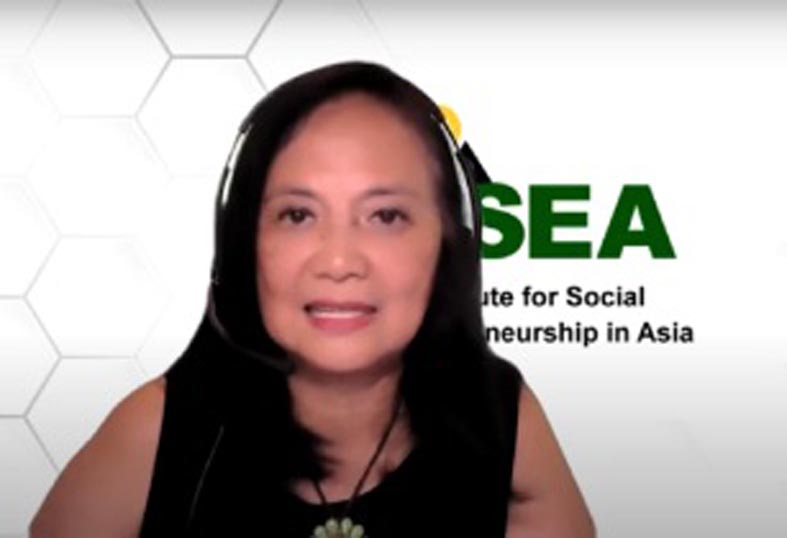To accelerate the growth of Philippine agriculture, the Department of Agriculture (DA) has partnered with the Institute for Social Entrepreneurship in Asia (ISEA) to promote social entrepreneurship among farmers, youth, and other stakeholders
ISEA is a learning and action network set up by social enterprises and social enterprise resource institutions and scholars to catalyse knowledge creation, capacity development, and movement-building for social entrepreneurship in Asia.
In a virtual ceremony held last April 26, 2021, DA Secretary William Dar and ISEA president Marie Lisa Dacanay sealed the partnership through the signing of a memorandum of agreement. Under the agreement, the DA, through the Agricultural Training Institute (ATI), will support the programs and projects for the promotion of agripreneurship and social entrepreneurship.
Likewise, together with ISEA, the ATI will provide capacity-building and other initiatives for farmers, fishers, youth, and other agriculture workers. Agricultural innovations will be promoted as part of the undertaking to develop an agriculture value chain that is inclusive, equitable, resilient, and sustainable.
To brief DA officials and agency heads about this undertaking and have a shared and common understanding on the importance of social entrepreneurship in the agricultural value chain, two virtual learning sessions were conducted. Dr Lisa Dacanay gave an introduction to social entrepreneurship, a presentation on the perspective and tools in value chain development in the agriculture sector, and a quick review of the Social Entrepreneurship Bill.
According to Dr Dacanay, social enterprises in Asia, specifically in the Philippines, were formed in response to continuing development crisis and remain to be challenged by lack of funds. She highlighted the need for innovation for these enterprises to meet their social objective without sacrificing their financial sustainability.
DA undersecretary and chief-of-staff Leocadio S Sebastian and ATI assistant director Rosana P Mula spoke for agriculture secretary William Dar, respectively, in the first and second learning sessions.
In his message, Secretary Dar acknowledged that integrating social entrepreneurship in the agricultural value chain can be an effective move to improve livelihood, and further respond to the urgent problems in the sector. He stressed that social entrepreneurship must be introduced to farmers, fishers, youth, and other agriculture workers and that their capacities must be enhanced to become social agripreneurs.
“With more social agri-entrepreneurs in the country, we are one step closer to our vision for a food-secure and the resilient Philippines with prosperous farmers and fisherfolk,” said secretary Dar.




